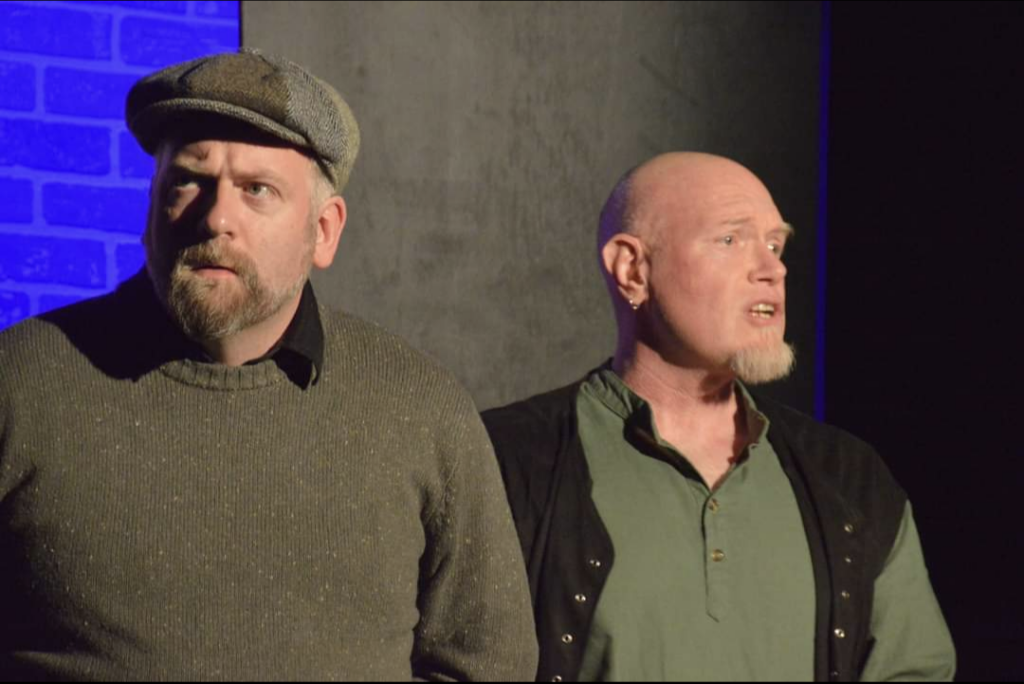
Well, that is an interesting story. Back in 2005-06, I was teaching a workshop at a high school. I had been working with them for two years and would see the same students as they made their way through school. I was chatting with the teacher and one of the students saw me and said “YES! IMPROV! I LOVE IT! You are hilarious! I loved your class last year!” I asked what he liked best from last year. A game or an exercise that was a favorite? He went blank. He could not remember any of them. When I asked about “yes and…” he had no clue what I was talking about.
After the kid moved on my teacher friend laughed and said “Look, your exercises are awesome and the kids have a lot of fun when you are here, but after you are gone their lives go back to their normal levels of absolute chaos. It’s just the way it is, they have forgotten everything they have learned about anything. You have no idea how crazy a high schooler’s life is. These kids have everything thrown at them all at once and we expect them to survive. So do not take it personally but the “yes and..” exercises don’t really stick around long at all.
To say I was stunned would be an understatement.
The next thing he said was life-changing for me as a teacher. He said “If you really want to make an impact on these kids, You need to come up with an easy, simple way for them to do something they never expected that they could do. Rethink the way you teach improv, what you want is not a “lesson” they have to learn, but more of a life experience they get to have. You need to show them how to surprise themselves by what they can do. If you can figure out that, you will make a lasting impact on them, and they will carry that forward. Otherwise, what you are doing is just giving them more lessons and they have too many of those as it is.
Woof. Ok…
I started thinking about ways I could encourage them to take risks and have fun. This is what I came up with. If you can improvise a song or improvise Shakespeare there is nothing you cannot do on a improv stage. Those are the two high-wire acts. Now, I cannot play the piano. But I do know a little bit about Shakespeare.
I started figuring out how I could teach kids to improvise in the style of Shakespeare in just 3 hours. I came up with exercises and games that would show players how to be more dramatic, how to be more empathic, how to speak eloquently, and how to use the top of their intelligence and their emotions to create scenes. This became my teaching method going forward.
And after about a year I had something that worked. And I’ve been doing it for over a decade now.
In Chicago, I started doing this workshop for adult players. I found that if you have had at least one level of an improv class, you could excel at Shakespeare. Even people who had never read or seen a Shakespeare play could do it. Improvising in the style of Shakespeare opens your own improv in ways you would never imagine.
Look I’m not going to teach you Shakespeare’s plays or Elizabethan history. We have YouTube for that. What I’m doing is giving your mind the muscle memory so that when somebody points to you and says, “The style of Shakespeare!” You immediately go into it without thinking.
My workshop also focuses on the structure of a Shakespeare play, the characters of a Shakespeare play, and the status of a Shakespeare play. We will apply techniques from the workshop to short-form games and create long forms.
Photo credit – Bill Grinnell